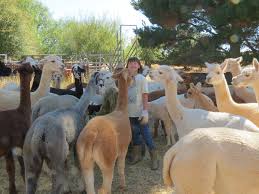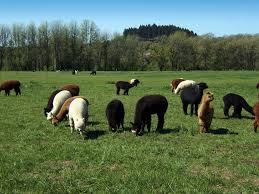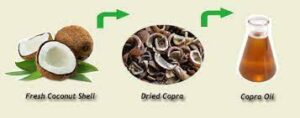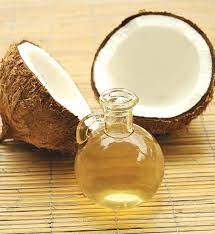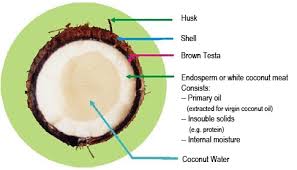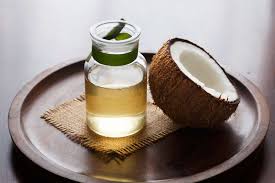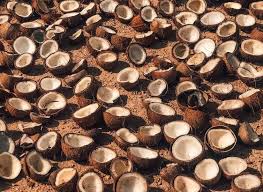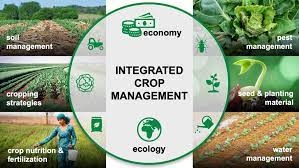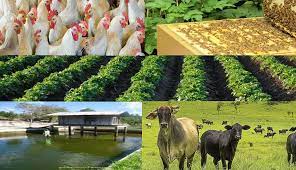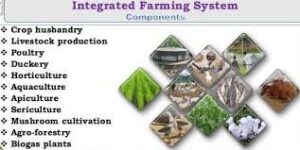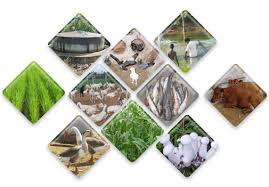Alpaca Farming – How to start now?
Alpaca farming has rapidly becoming one of the most successful and respected farming enterprises in the agriculture sector. Alpacas can provide healthy financial returns, a breeding challenge and a wonderful lifestyle. Alpacas offer an outstanding choice for livestock ownership. Alpacas have a charismatic manner, they do very well on small farms, and they produce a luxury product which is continually increasing in demand.
One of the many reasons why people love alpaca farming is because the camilids fiber are softer, warmer and lighter as compared to wool. Alpacas are also known to come in a wide range of colors which makes it so usable that dyeing is not needed for this product that has 22 shades of color to choose from. Also, alpaca farming in environmental friendly because alpacas do not have a significant impact on the landscape comparing to other animals. The alpacas only has 2 toes and they are very light on their feet.
When starting an alpaca farm, you will need to set up a section of land that will accommodate them. Depending on the farmer and the pack, an acre of land can accommodate from 10 – 15 alpacas comfortably if you are feeding hay and not expecting them to live off pasture. When they live off pastures, the number significantly decreases.
After the land is ready, you need to construct a barn that will act as a shelter for the alpacas. The barn will create a shelter that will keep them cool and away from direct sunlight, which can be uncomfortable for them. It will also keep them dry during the rain. They do not like getting wet, and it can ruin the fleece if it stays moist for a long period of time.
You also need to ensure that you have secured your land with the right fence. Alpacas behave like other animals, whereby they would walk out of the secluded zone if there is nothing to stop them. For that, you need to erect a fence around the land. The fence should be between 4 and a half feet tall. You can either use boards or woven wire, which should be no more than 4 inches apart.
Before starting your alpaca farm, you need to find a local veterinarian that have knowledge of alpacas. Ensure that the vet is close enough, for the sake of checkups, emergencies and other routine shots. When compared with other livestock, alpacas attract very few flies and have very little odor. They’ll typically establish between two and four dung piles in their enclosure, taking up between 10% and 20% of their entire pasture area. This natural habit makes cleanup and parasite control very easy.

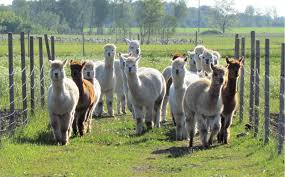

TO START AND RUN A SUCCESSFUL AND SUSTAINABLE ALPACA FARMING OPERATION YOU NEED TO START WITH A PROFESSIONAL AND CONVINCING FARMING BUSINESS PLAN – CALL US NOW FOR ASSISTANCE AT: ((27) 84 583 3143 OR EMAIL US AT: money@global.co.za
Alpaca Farming – How to start now? Read More »

